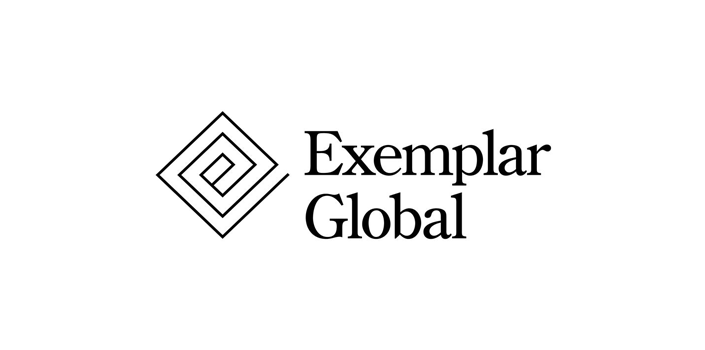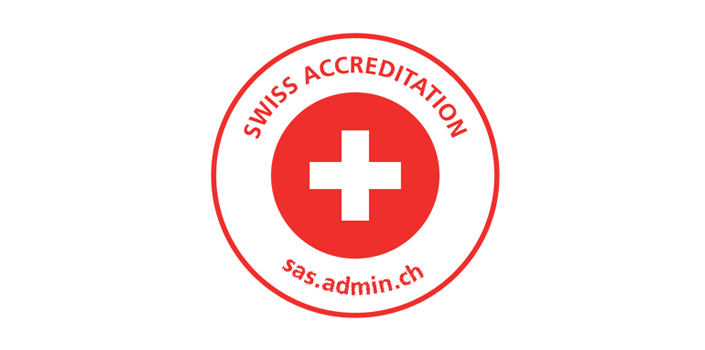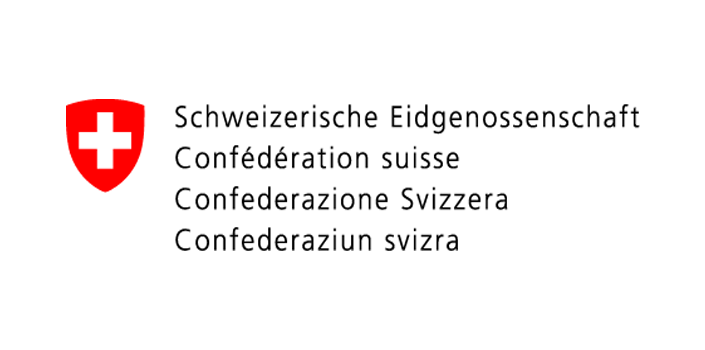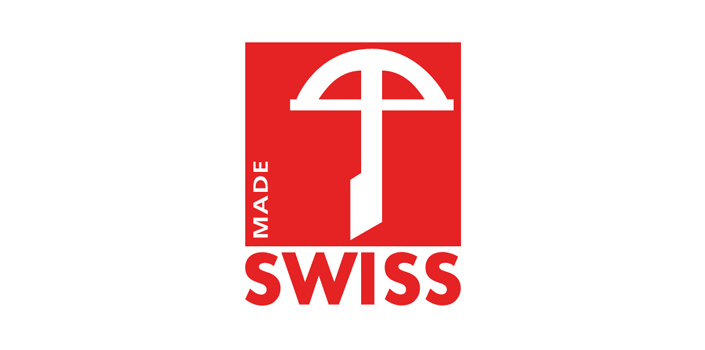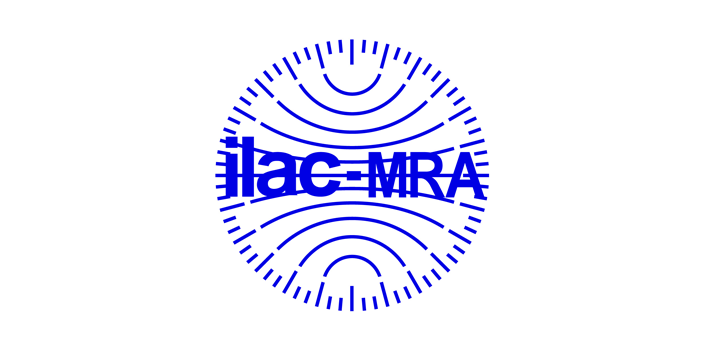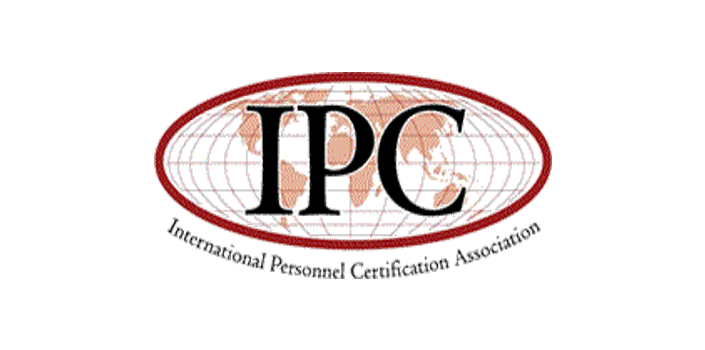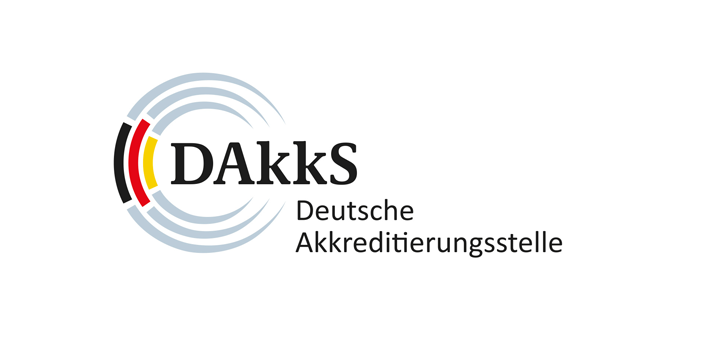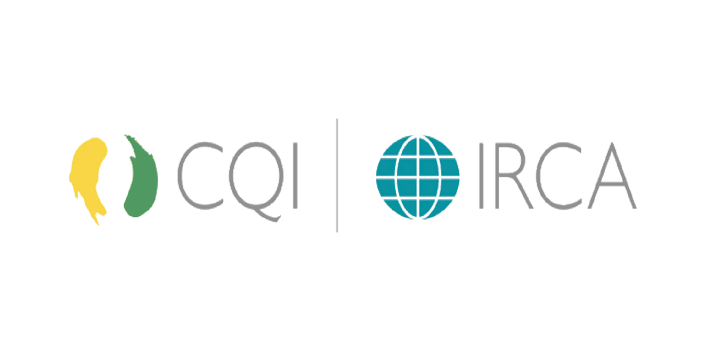The standard for revolutionizing faecal sludge treatment is here.
Safe and clean sanitation is a human right, yet over half of the world’s population is denied this right, meaning they hazard life-threatening illnesses every day. Emerging technologies for stand-alone systems that treat waste and turn it into clean water have the potential to restore this right and save lives. The much-awaited International Standard for such systems has just been published.
ISO 31800, Faecal sludge treatment units – Energy independent, prefabricated, community-scale, resource recovery units – Safety and performance requirements, specifies requirements and test methods to ensure the performance and safety of units that can serve up to a hundred thousand people. Developed by an ISO expert committee, the standard will help to promote trust amongst industry players, to attract further investment and more widespread use.
Sun Kim, Chair and Convenor of the committee’s working group that developed the standard, said it will help to grow the market for such units and thus improve the livelihoods and health for many.
“In a number of developing countries, a mains sewer system that safely treats and removes human waste just doesn’t exist and may not be economically viable,” he said.
“These stand-alone units can be a more practical alternative. What’s more, they not only safely treat the waste but turn it into vital resources such as clean water. Internationally agreed guidelines on safety, quality and performance will support the further development and use of this technology, providing benchmarks and instilling confidence in governments, operators and investors.”
The standard will also directly contribute to the United Nations’ Sustainable Development Goal SDG 6, which states that everyone should have access to safe sanitation by 2030.
ISO 31800 was developed by ISO project committee ISO/PC 318, Community scale resource-oriented sanitation treatment systems, whose twinned secretariat is held by ANSI and ASN, ISO’s members for the USA and Senegal respectively.


